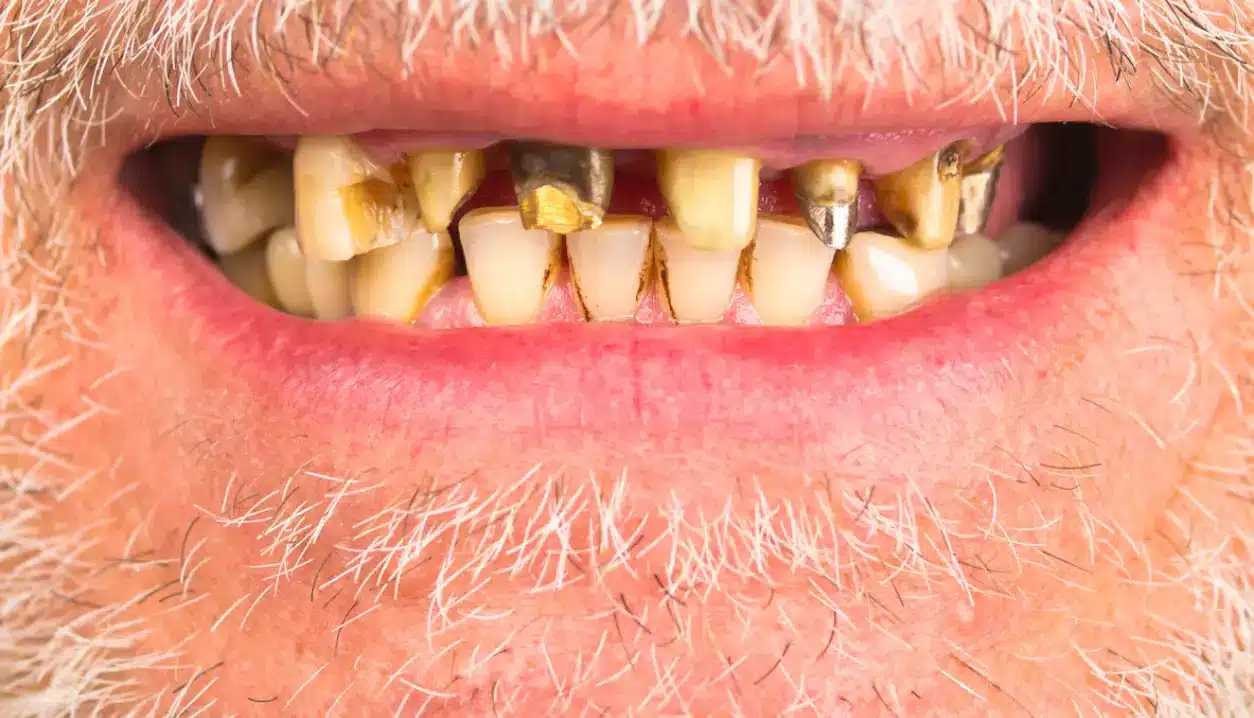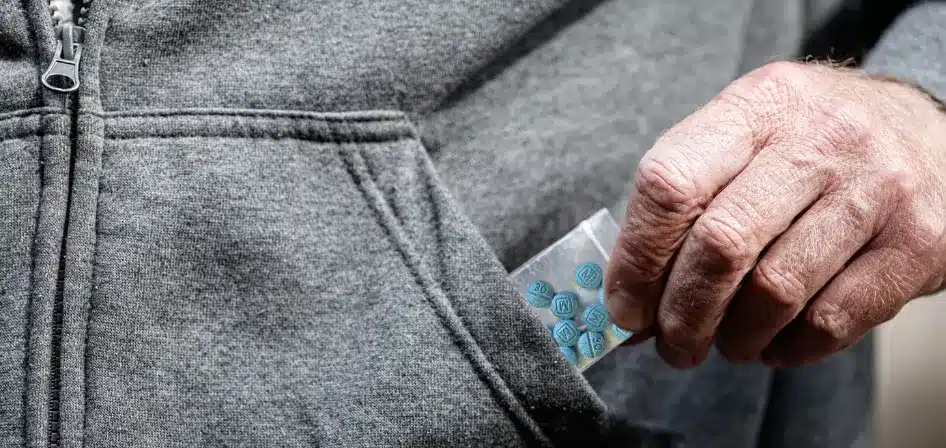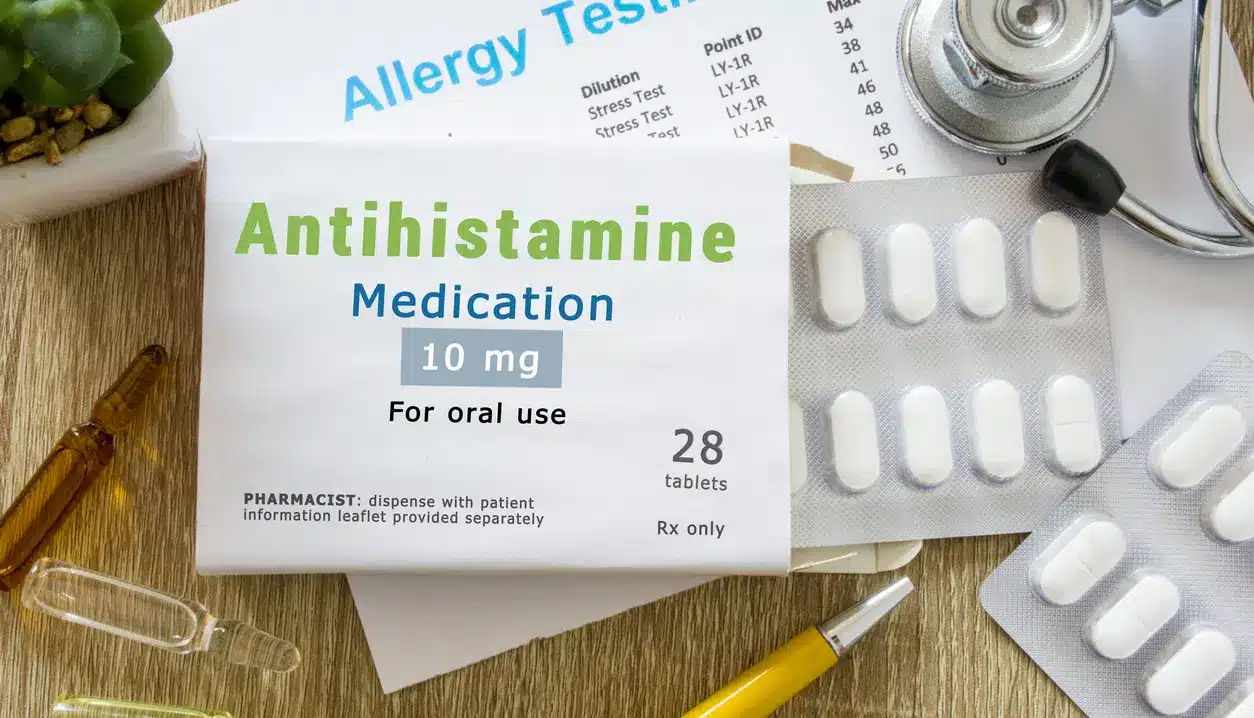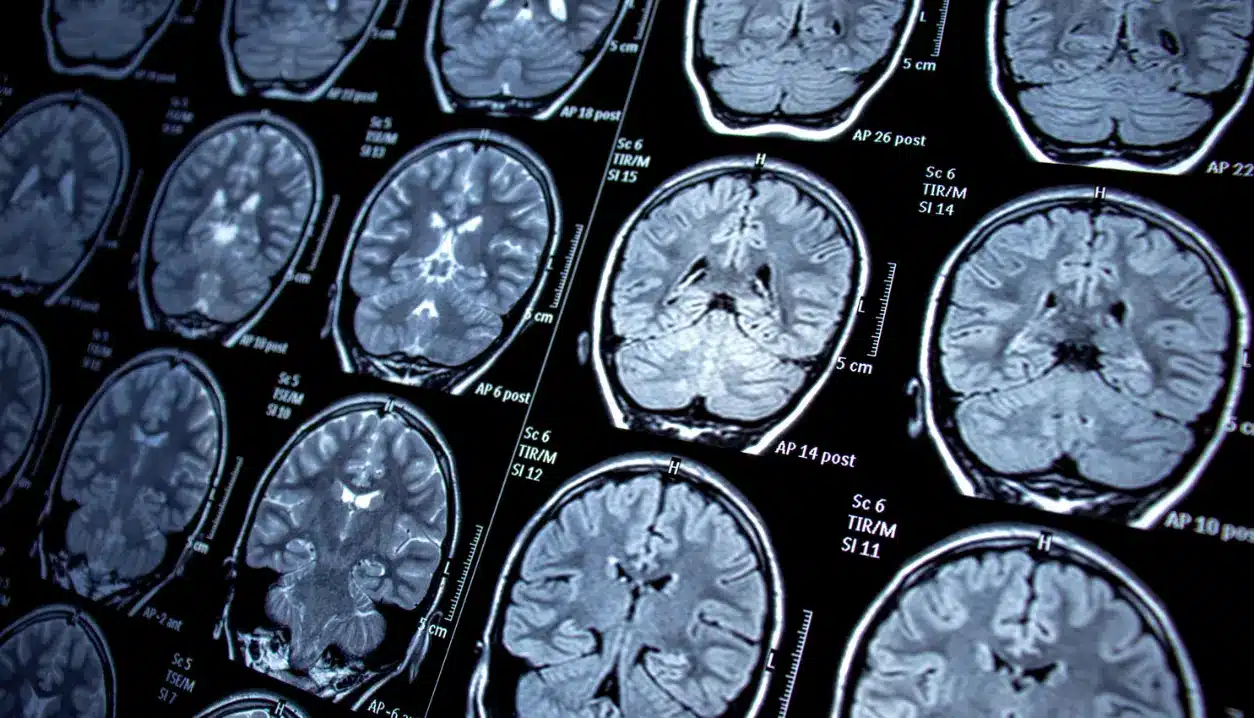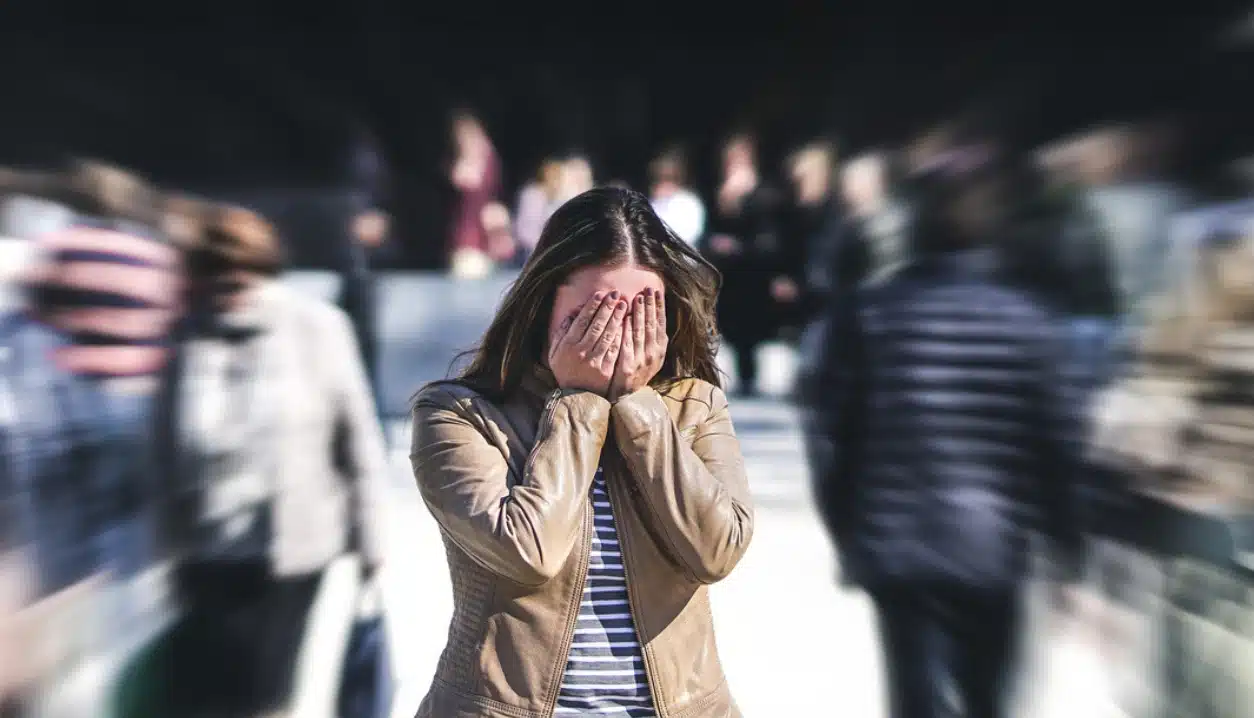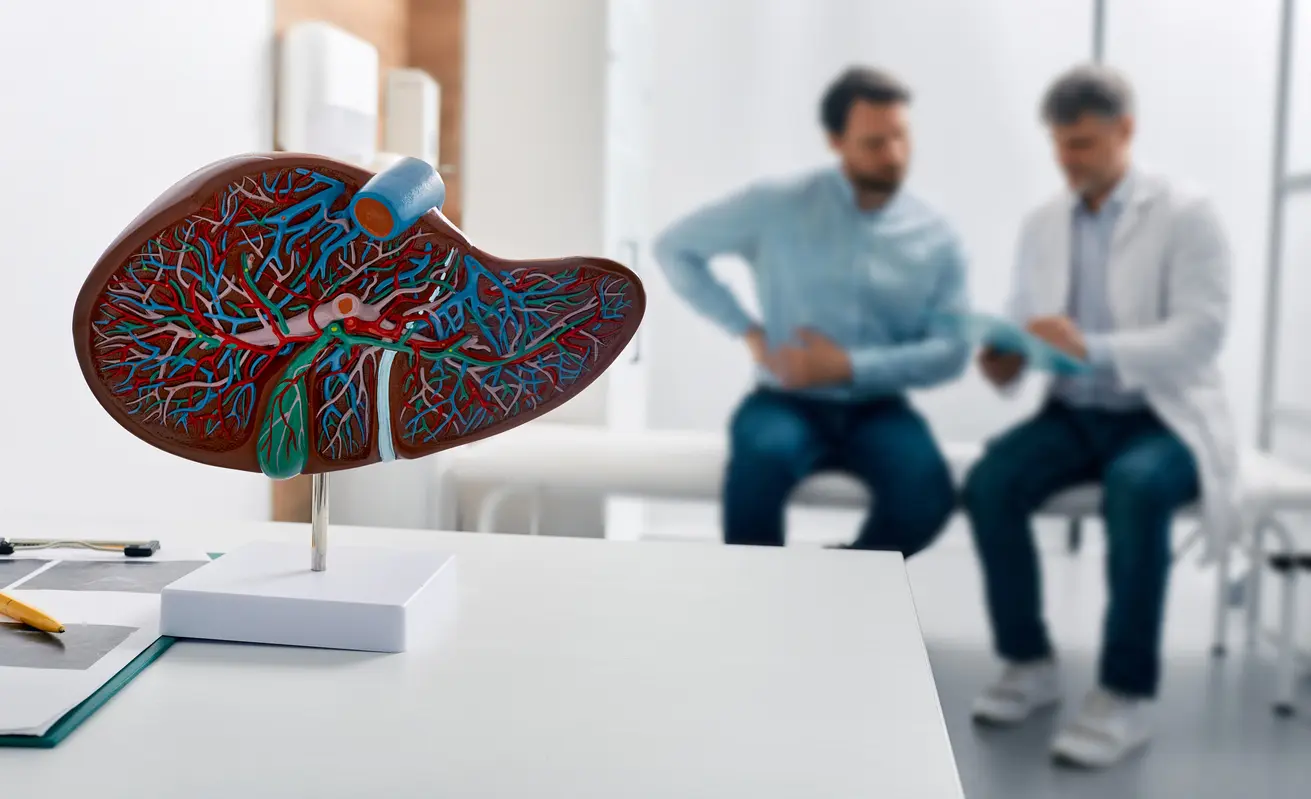Aftercare
Residential drug and alcohol rehab treatment is only the first step in the journey to long-term addiction recovery. Although it can be the hardest stage of recovery, aftercare is incredibly important to avoid relapse and maintain sobriety. Ocean Recovery offers a free 12-month aftercare support package for all clients who have completed a 28-day rehab programme at the clinic. Request a Callback
Rehab can be one of the hardest steps on the path to recovery from addiction, but it is also one of the most important. Ocean Recovery Centre offers a free 12-month aftercare support package for all clients who have completed a 28-day rehab programme at the clinic to help avoid relapse. The team at Ocean Recovery provide crucial support and guidance as clients transition back into their daily lives with a tailored plan for each individual.
Relapse prevention is one of the biggest issues tackled after the detox period during residential rehab treatment. The aftercare team at Ocean Recovery are available to help clients who have successfully completed rehab treatment to implement coping skills, outcome expectations and maintain the management of lifestyle factors and cravings. The team are also there for clients to discuss any worries and address some of the early signs of relapse such as:
- Detrimental changes in eating habits
- Sleep disturbance
- Exhaustion
- Emotional isolation
Although it can be a difficult transition to return to society after rehab treatment, the team at Ocean Recovery are on hand to provide support to clients who are struggling.
Support Team
Ocean Recovery Centre has put in place an extensive and experienced aftercare support team who are available to help clients who need support after completion at the clinic. This team is made up of several medical professionals, drug and alcohol addiction counsellors, volunteers and other previous addicts who have been in drug or alcohol rehab.
The team can be the difference between a successful recovery for patients and relapse, especially in the months following rehab treatment. If a client relapses or is at risk of doing so, our support team are available on call to provide advice to help ensure that recovery is maintained and aim to avoid relapse.
Contact Us
94 Queen's Promenade, Blackpool, FY2 9NS, Blackpool, FY2 9NS
Landline: 01253 847 553
Email: info@oceanrecoverycentre.com
Start your Recovery - Call us nowWhat factors influence aftercare?
Aftercare plans are designed around the below factors:
- The client’s age
- The sex of the client
- The addiction
- Typical client behaviours
- The clients’ medical history
- The social environment
- The professional/work environment
- History of the clients’ rehabilitation
Ocean Recovery’s aftercare service is person-centred with a holistic care approach, fully focused on recovery pathways for all clients. It can be difficult for past substance abusers to return to ‘normal’ life outside of addiction, so it is an extremely beneficial service to have access to 12 months of free aftercare.
Contact Ocean Recovery Today
For more information about Ocean Recovery’s aftercare programme, call us on 01253 847 553 and we will be happy to help. Alternatively, you can contact the centre by completing the enquiry form or by email info@oceanrecovery.com.
Areas We Cover
See below list of just some of the locations our leading alcohol rehab service covers in the United Kingdom.
- Rehab in Liverpool
- Rehab in Manchester
- Rehab in Birmingham
- Rehab in Nottingham
- Rehab in Glasgow
- Rehab in Cardiff
- Rehab in Bristol
- Rehab in Blackpool
- Rehab in Cumbria
- Rehab in Lancashire
- Rehab in Merseyside
- Rehab in Cheshire
- Rehab in Yorkshire
- Rehab in West Midlands
- Rehab in North East
- Rehab in Surrey
- Rehab in Essex
- Rehab in London
John Gillen
- Author
- Last updated: May 11, 2022
John is one UK’s leading professionals in the addiction recovery industry. Pioneering new treatment techniques such as NAD+ and ongoing research into new therapy techniques such as systematic laser therapy, John is committed to providing the very best treatment for people throughout the UK and Europe. During his extremely busy schedule, John likes to regularly update our blog section with the latest news and trends in the industry to keep visitors to our site as well informed as possible on everything related to addiction treatment.
Request A Callback
Enter your phone number and a member of our team will call you back to discuss your recovery.
Contact Us
For more information please get in touch using the information below
Call: 01253 847 553 Send us a messageDownload Our Brochure
For more information about the addiction services that Ocean Recovery offer, download our brochure.
Download our brochureDo I need help?
A lot of people are unsure if there are suffering from addiction. Take these tests to find out if its effecting you without your knowledge.
Select your test and find out more
Our Centre
Rehab In Northern England

Google Reviews
4
Tel: 01923 369161
Email: info@oceanrecoverycentre.com
Address: 94 Queen's Promenade, Blackpool, FY2 9NS
View CentreOur Partnering Centres
Rehab in Scotland

Google Reviews
5
Tel: 01475 303998
Email: info@novarecovery.com
Address: 10-12 Scott St, Largs, North Ayrshire, KA30 9NU
View CentreRehab in Greater London

Google Reviews
4.5
Tel: 01923 369 161
Email: info@cassioburycourt.com
Address: Cassiobury Court, Richmond Drive, Watford, Herts, WD17 3BH
View CentreRehab in the Midlands

Google Reviews
4.5
Tel: 01908 489 421
Email: info@asanalodge.com
Address: 48 Moorend Rd, Yardley Gobion, Towcester, NN12 7UF
View CentreOur Blogs

How to Commit to Sobriety
If you are suffering from alcohol addiction or substance misuse issues, it can be very difficult to overcome. Sobering up in the first place can be a major challenge, but recovery is not a single step – it is an ongoing process. Committing to sobriety means making a serious and continuing effort to stay away

Life After Addiction: How to Cope With Survivor’s Guilt
Recovering from addiction is a very personal journey, but something many share is a sense of achievement and renewal. On the other side of the coin, for many individuals who have walked this path, the joy of recovery can be accompanied by an unexpected emotional burden – survivor’s guilt. And this feeling (which is commonly

What Does Ketamine Do to Your Bladder?
Ketamine, in the context of recreational drug abuse, can have severe effects on our bodies – with one of the major organs impacted being the bladder. But what does ketamine do to your bladder? And why is it so serious? Find out the answer to this question and more below. What Is Ketamine? Ketamine is

The Link Between Alcohol and Chest Pain
The UK is known for its drinking culture, and many people use alcohol – often to excess. It’s estimated that 24% of adults in England and Scotland regularly drink over the Chief Medical Officer’s low-risk guidelines, while 27% of drinkers in Great Britain binge drink on their heaviest drinking days. Alcohol is linked to a

Methamphetamine Mouth: Signs, Causes & Risk Factors
The UK and USA are two of the biggest drug-taking nations in the world. Both countries have problems with drug addiction among the population and indulge in similar substances such as cocaine, opiates and meth. Although meth use isn’t as common here in the UK when compared to the US, tens of thousands still use

Are Fentanyl Deaths Rising in the UK?
There has been significant concern that the number of fentanyl-related deaths in the UK has recently been on the rise. In this article, we assess whether fentanyl is a widely used drug in the UK and how many people have died as a direct result of fentanyl use. What is Fentanyl? Fentanyl is a powerful

Can You Get Addicted to Antihistamines?
Antihistamines are medications commonly used to treat the symptoms of allergies, including hay fever, conjunctivitis, hives and reactions to insect bites and stings. They also have a number of other legitimate uses, such as treating nausea and sickness, motion sickness and insomnia. They can also be misused, particularly in forms that can make you feel

What is Wet Brain?
Alcohol abuse can lead to numerous health problems, and sadly, some of them can be severe and life-threatening. One of those conditions is known as “wet brain,” an informal term for Wernicke-Korsakoff Syndrome (WKS). This syndrome is a serious brain disorder, which is caused by a deficiency of thiamine (vitamin B1), and it’s often linked

Alcohol and Panic Attacks: Is There a Link?
When we drink alcohol, it can definitely cause some feelings of anxiety. But can they cause something more significant, like a panic attack? This question is one that many want an answer to as they work on understanding their personal relationships with alcohol and mental health. This blog explores whether there is a genuine link

How to Repair a Damaged Liver from Alcohol
.The liver, one of the body’s most vital organs, plays an essential role in processing nutrients, filtering toxins, and supporting overall health. Unfortunately, excessive alcohol consumption can severely damage this important organ. Understanding the impact of alcohol on the liver and recognising the signs of damage are the first steps towards recovery. This article explores





